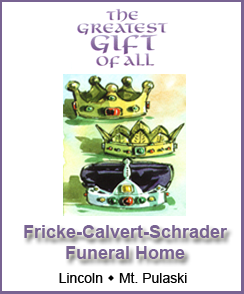| ||||||||||
| ||||||||||
The school has recovered from the scandal, which found ORU more than $50 million in debt, and enrollment ticked up slightly this year. Rutland, the school's first president not named Roberts, has staunchly defended preserving the founder's past accomplishments on campus, and says the name Oral Roberts still carries weight. "I can tell you that there are high school students in small villages in Zimbabwe that can't tell you where on an American map Oklahoma is, that have a life vision to attend ORU," he said earlier this year. "I think it's a brand that's waiting for a little fresh polish, and I think it's going to take off." Oral Roberts was not high on student Dexter Sullivan's list of schools when he was deciding where to study, but he committed to ORU after visiting its campus, mainly because it is a place that emphasizes faith and spirituality. "I know for a fact that very few people are Googling Oral Roberts the man and saying,
'I want to go to his school,'" Sullivan said. "People are so skeptical of ... TV evangelism. "When you come to ORU, you experience the culture of the university, of the place," he said. Carol Holderness, a 1985 alumna of ORU who is now its women's chaplain, recalls sitting on her dad's knee when she was eight and declaring that she would one day be one of the singers for Oral Roberts' shows. She became one, and did makeup for both Oral and son, Richard, for their programs. "For us, we came because of the man," she recalls. "My kids see the impact that Oral Roberts had, and his mission, and for them, it's the mission, that we can be world-changers." Twenty-year-old music major Jordan Watkins, whose entire family attended the school, is too young to remember much about Roberts, and that most of what he knows of the man was told to him by his parents from when they attended ORU. "No one's met Oral Roberts in this generation," Watkins said. "The school is his legacy. This is what he left the world."
[Associated
Press;
Copyright 2009 The Associated Press. All rights reserved. This material may not be published, broadcast, rewritten or redistributed.

News | Sports | Business | Rural Review | Teaching & Learning | Home and Family | Tourism | Obituaries
Community |
Perspectives
|
Law & Courts |
Leisure Time
|
Spiritual Life |
Health & Fitness |
Teen Scene
Calendar
|
Letters to the Editor